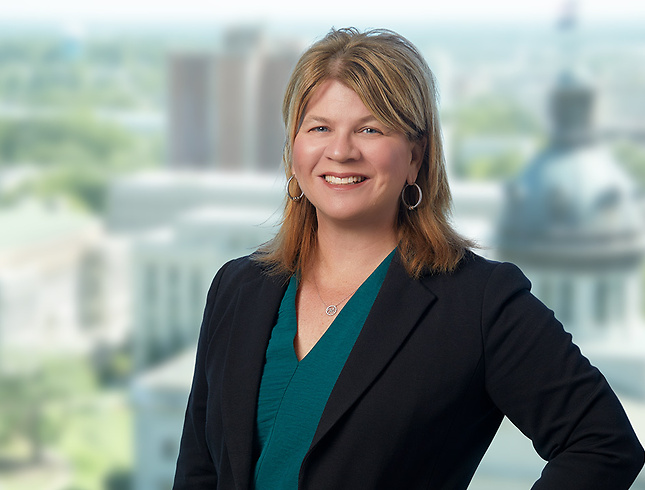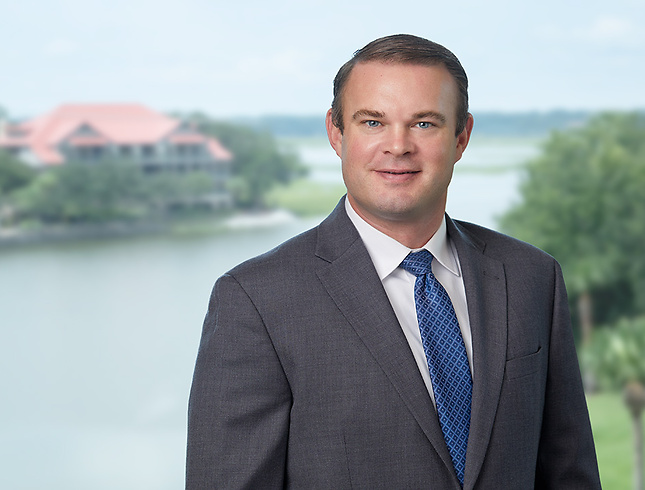Advocates, employers, and employees are in a state of suspense in anticipation of potential changes to the H-1B program. The H-1B visa allows foreign workers to be employed in certain "specialty occupations," which are generally defined as positions requiring, at a minimum, a U.S. Bachelor's degree (or the foreign equivalent) in a specific academic field. Congress has established a limit of 65,000 H-1B visas per fiscal year, with an additional 20,000 H-1B visas reserved for candidates with U.S. advanced degrees (such as a Master's degree or higher). This does not include H-1B petitions from employers or employees who are exempt from the cap, of which there is no numerical limit.
The FY 2018 fiscal year for United States Citizenship and Immigration Services (USCIS) runs from October 1, 2017 to September 30, 2018. On April 1, 2017, the H-1B filing period for FY 2018 will open. Last year, the H-1B cap was reached during the five-day filing period when USCIS received over 236,000 H-1B petitions (including both regular and advanced degree petitions). USCIS implemented its computer-generated lottery system to select the 65,000 regular and 20,000 advanced degree petitions for adjudication. Given the tumultuous implementation of recent Executive Orders, the H-1B demand for FY 2018 will likely be higher than last year, as employers seek to lock in H-1B workers under the current regulations.
During the campaign and post-inauguration, President Trump has suggested the H-1B program should be "revamped" in such ways as requiring higher pay, eliminating the potential of the lottery system, and testing the labor market. Testing the labor market is currently required for employers seeking to sponsor an employee for permanent residency (commonly referred to as a green card), and requires a lengthy recruitment process to ensure there are no qualified U.S. applicants. The current lottery system has faced scrutiny since its inception, including a recent class action filed on June 2, 2016. In Tenrec, Inc v. USCIS, the complainant asserts that over the past four years, USCIS has rejected nearly half a million petitions, but does not assign those rejected a priority date, which would give them order in a queue. Without a priority date, the petitioner must resubmit the petition the following year and be subject to the same random selection process. The lawsuit seeks to amend the process to allow rejected petitions a "place in line" upon resubmission the following year. Aside from the pending litigation, the new administration also has its recommendation when it comes to eliminating the lottery. Instead, priority would be given to employers paying the highest wage to the foreign worker. Proponents of Trump's plans argue that the H-1B program, in its current state, is being abused, and Americans are being rejected for positions instead being occupied by foreign workers. Critics of the President's ideas, however, are simply uncertain of the extent to which these indeterminate changes could affect employees and U.S. companies alike.
In this time of uncertainty, employers should carefully assess their workforce needs as soon as possible to determine if H-1B visas will be needed for foreign nationals, as well as whether those H-1B petitions will likely be subject to the cap. In addition to new hires, recent student graduates working on F-1 Optional Practical Training (OPT) may be potential candidates for H-1B visas. To ensure the best opportunity to obtain an H-1B number, employers should have their H-1B petitions ready to file with USCIS on April 1, 2017. H-1B petition preparation takes time, as various regulatory procedures must precede the H-1B filing with USCIS. Employers should work closely with counsel to assess relevant legal issues related to H-1B petitions and to plan accordingly for the upcoming H-1B filing period.
- Partner
Melissa Azallion Kenny is the Chair of the firm’s Immigration practice group. She has more than 20 years of experience advising clients on business immigration and labor and employment law issues. Ms. Kenny represents clients in ...
- Partner
Jon Eggert has experience assisting and advising clients on business immigration and labor and employment issues in a wide range of industries, including higher education, healthcare, hospitality, and manufacturing.
His ...


